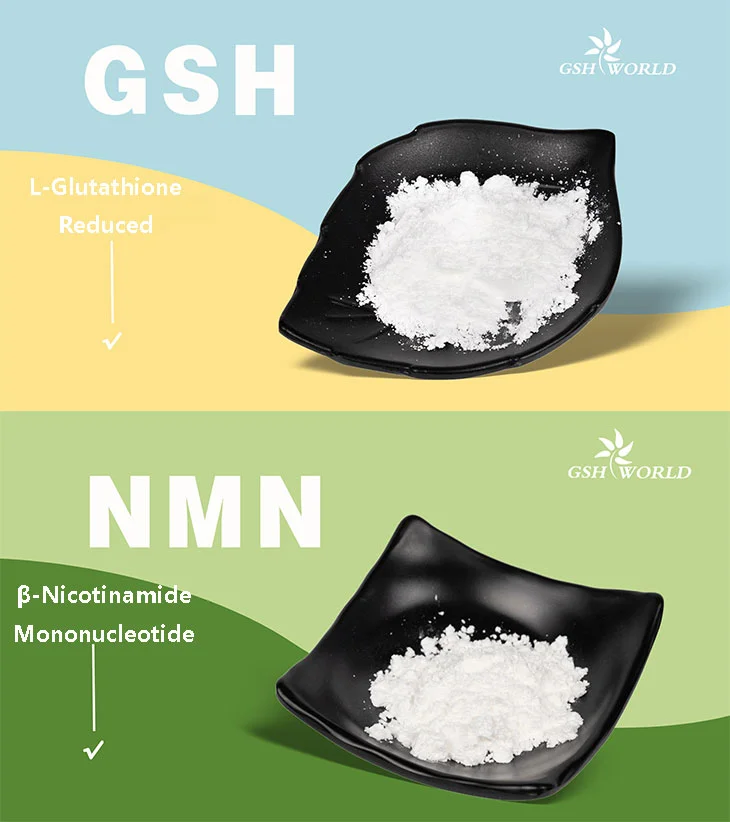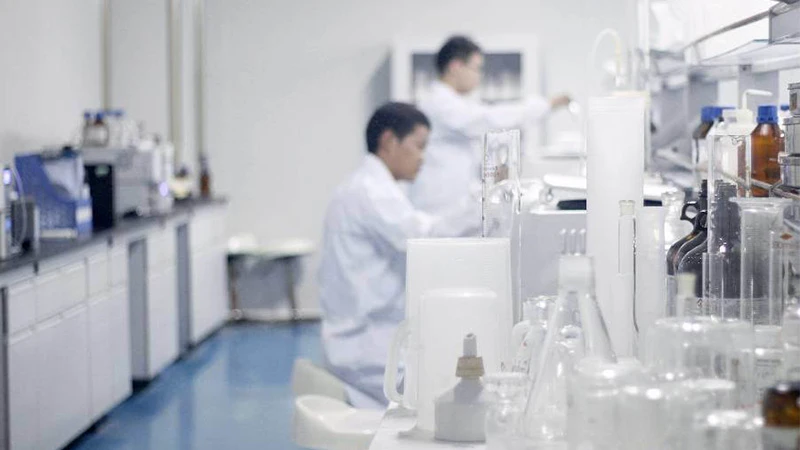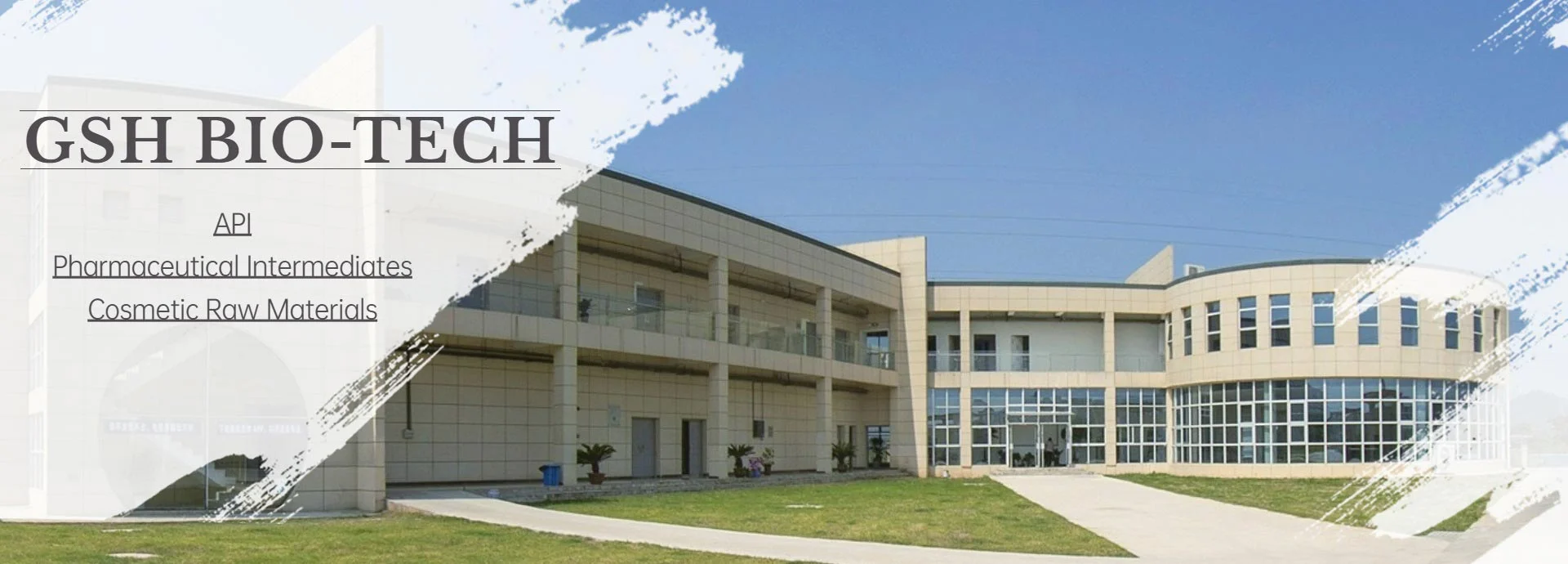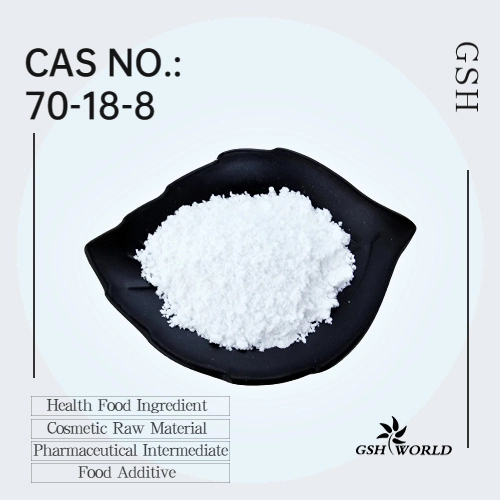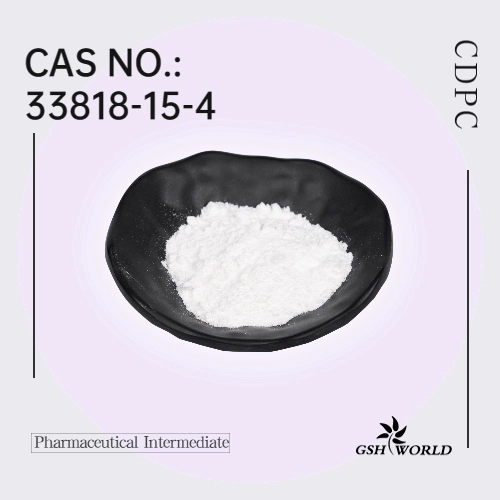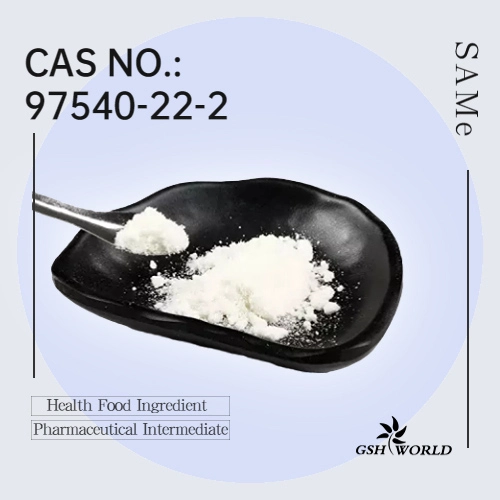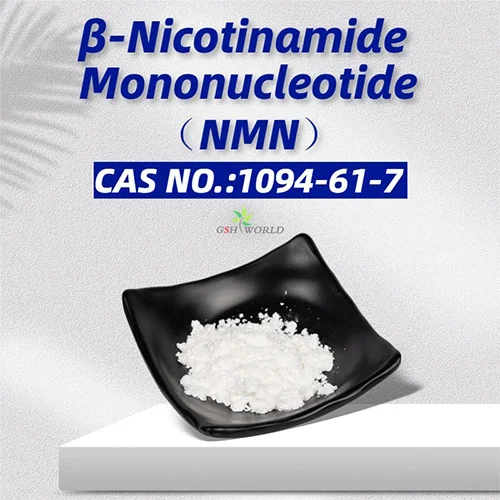How NMN works
NMN (β-Nicotinamide Mononucleotide) can be directly converted into NAD+ (nicotinamide adenine dinucleotide) molecules after entering the body, and the latter plays a key regulatory role in more than 400 metabolic reactions. These include three key proteins closely related to the mechanism of cell aging: PARP1 (DNA repair enzyme), Sirts (acetylase, also known as "longevity protein") and CD38 (specific immunosuppressive protein).
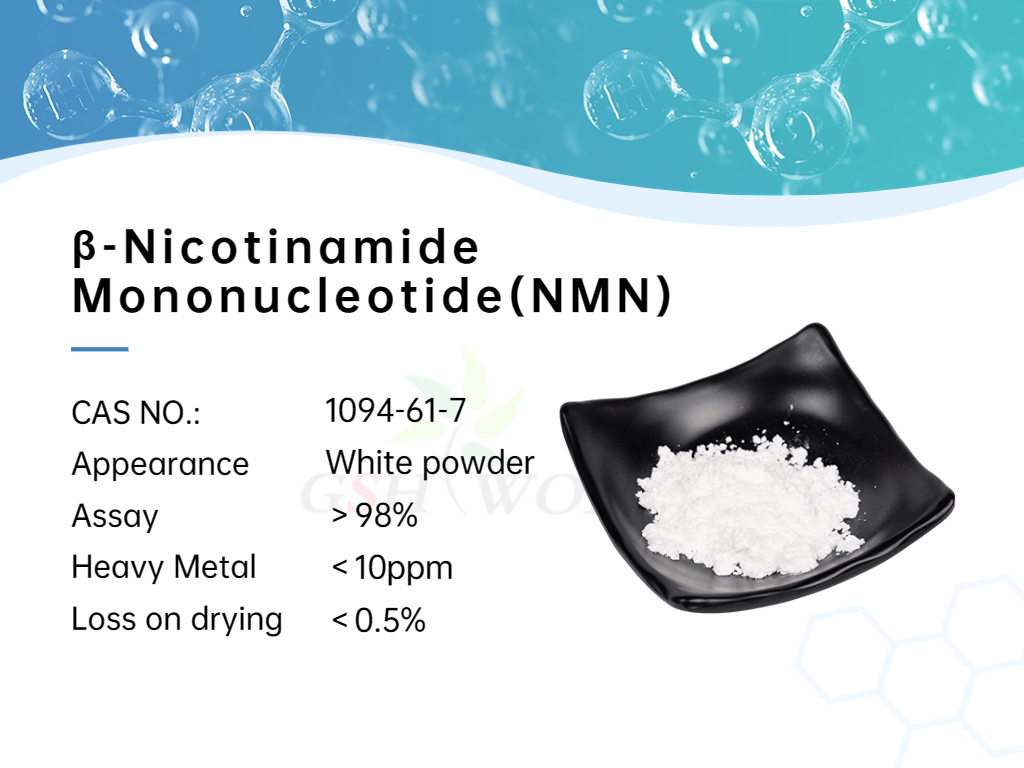
Principle 1: NMN can greatly improve mitochondrial function
Mitochondria are the most important "energy powerhouses" in cells, and most of the metabolic activities in cells must use the energy stored in ATP. Mitochondria store energy from food in ATP for use in subsequent metabolic activities. Compared with young mice, the mitochondrial function of old mice is reduced, and NMN supplementation can increase the activity of NAD+-dependent Sirts enzymes, remove excessive acetylation modification of mitochondrial proteins, regulate the activity of downstream metabolic enzymes, greatly improve the ability of mitochondria to provide energy, "nourish" various tissues and organs, and resist aging.
Dr. Tamas Kiss from the Health Science Center of the University of Oklahoma (University of Oklahoma) found that NMN supplementation improved the mitochondrial function of brain astrocytes and reversed the phenomenon of "memory loss" in aged mice. Professor Xiong Bo from Nanjing Agricultural University found that NMN supplementation can improve the mitochondrial function of oocytes, promote the mitosis process, and reduce the reproductive harm of toxic chemicals. Professor Liu Jianren from Case Western Reserve University in the United States found that NMN supplementation can improve the mitochondrial function of cardiomyocytes, improve the contractility of cardiomyocytes, and improve heart failure. In addition to the three studies mentioned above, many other studies have confirmed that NMN can improve mitochondrial function, resist aging and various diseases.
Principle 2: NMN can improve DNA repair function
If the human body is a car, DNA is its blueprint. If the blueprint remains intact, ideally the car can return to its original shape no matter how long it has been driven, because worn parts can be updated at any time according to the blueprint. The double-helix structure of DNA makes it extremely self-repairing. If any one of the strands is damaged, the other strand can be used as a template to quickly repair it. Under some extreme conditions, the two strands of DNA are broken at the same time. After losing the template, the cell will urgently start the "elaborate repair" program to save the DNA damage.
As we age, DNA becomes more prone to breakage and less able to "elaborately repair". These damages accumulate with age and are one of the driving forces of aging. Therefore, repairing DNA damage is central to reversing aging. A research team composed of scientists from Europe, the United States and Australia found that supplementing NAD+ precursors such as NMN can increase the activity of the NAD+-dependent PARP1 enzyme. PARP1 is a key enzyme that helps repair double-strand breaks in DNA, so supplementing NMN can reverse DNA damage.
Principle 3: NMN can promote the proliferation of various stem cells
Stem cell (stem cell, SC) "dry", translated from English "stem", means "plant stem" and "origin", is a type of cell with self-renewal ability and differentiation potential. Stem cells proliferate continuously, some of them maintain stemness and maintain self-renewal; the other part differentiates and replenishes various tissues and organs. There are stem cells in most organs in the body, such as neural stem cells, muscle stem cells, intestinal stem cells, bone marrow hematopoietic stem cells, etc. NMN can provide supplementary energy for a variety of stem cells, activate proliferation-related pathways, and promote the proliferation of a variety of stem cells.
Researchers at the École Polytechnique Fédérale de Lausanne (EPFL) in Switzerland found that NMN supplementation can significantly increase the number of muscle stem cells in aged mice, relieve muscle loss, and improve exercise capacity. Professor Hidetsugu Saito of Keio University in Japan found that NMN supplementation can activate proliferation-related signaling pathways and promote the proliferation of intestinal stem cells. Swiss researchers found that NAD+ precursors such as NMN can increase autophagy and increase the speed at which hematopoietic stem cells replenish blood. Promoting stem cell proliferation is another important mechanism for NMN to inhibit aging.
Principle 4: NMN can attenuate oxidative stress response
Many health problems related to aging, such as Alzheimer's disease, impaired blood sugar and heart function, are related to the state of oxidative stress in the body. Oxidative stress refers to the imbalance between oxidation and anti-oxidation in the body, resulting in the production of a large amount of harmful reactive oxygen species. Almost all organs in the human body are vulnerable to oxidative stress.
Researchers from the National Center for Geriatrics and Gerontology (NCGG, Japan) and the First Affiliated Hospital of China Medical University have found that NMN supplementation can reduce the oxidative stress state in the nerve cells of Alzheimer's mice and improve cognitive function. Professor Xu Dong from Case Western Reserve University in the United States found that NMN can reduce the level of oxidative stress in the mitochondria of cardiomyocytes and improve myocardial contractility.
*Special note - This article is for informational purposes only and cannot replace a doctor's treatment diagnosis and advice. It should not be regarded as a recommendation or proof of efficacy of the medical products involved. If it involves disease diagnosis, treatment, and rehabilitation, please be sure to go to a professional medical institution to seek professional advice.
by GSHWORLD
GSH Bio Tech is China Biological API Manufacturer. China NMN Supplements powder suppliers & best NMN benefits raw material Factory.


